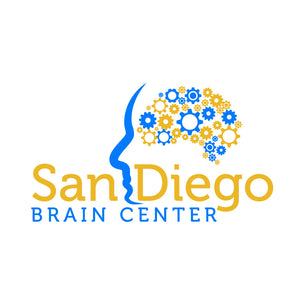
SIBO Breath Test
Log in to purchaseThis simple, non–invasive, gastrointestinal test detects bacterial overgrowth in the small intestine, often referred to as BOSI or SIBO. Small intestinal bacterial overgrowth (SIBO) is a common gastrointestinal disorder that often underlies chronic gastrointestinal symptoms of maldigestion and malabsorption, including bloating, gas, diarrhea, irregularity, and abdominal pain.
Bacterial overgrowth can inhibit nutrient absorption and lead to the following serious health problems:
- Altered intestinal permeability (leaky gut)
- Carbohydrate intolerance
- Malabsorption
- Malnutrition and weight loss
- Anemia
- Fibromyalgia
- Chronic Fatigue Syndrome
- Osteoporosis
Causes of small intestinal bacterial overgrowth (SIBO/BOSI):
- Crohn's Disease
- Adhesions
- Radiation Damage
- Lymphoma
Normally, far fewer bacteria inhabit the small intestine than the ample growth found in the colon. Gastric acid secretion and intestinal motility keep the small intestine relatively free of bacteria. However, a wide range of abnormalities and malfunctions can encourage bacteria to multiply in the small intestine causing SIBO/BOSI. The most common causes of SIBO/BOSI relate to a decrease in the production of hydrochloric acid or pancreatic enzymes, thereby creating an unsterile environment for the small intestine.
The Small Intestinal Bacterial Overgrowth Breath Test (SIBO/BOSI) is appropriate for patients who demonstrate:
- Irritable Bowel Syndrome (IBS), the most commonly diagnosed gastrointestinal disorder, affecting 20% of the general population. The SIBO test aids in identifying the actual cause of IBS. Studies suggest that as many as 50-75% of patients with IBS have SIBO/BOSI, as demonstrated by hydrogen breath testing
- Unexplained abdominal symptoms, especially gas and bloating
- The inability to tolerate sweet or starchy foods, fiber, or friendly flora supplements
Clinical Utility of the SIBO Test:
- Once bacterial overgrowth has been detected, intervention strategies involving diet, digestive support, probiotics and antimicrobials can be used to treat the condition
- Successful eradication of SIBO/BOSI has been shown to reduce bloating, gas, diarrhea, and abdominal pain in patients more effectively than many other treatments for IBS
- Bacterial overgrowth may manifest silently, without overt clinical signs. Patients without clear symptoms of gastrointestinal distress may benefit from testing, especially those with a history of chronic constipation, hypochlorhydria (including use of acid-blocking drugs), or maldigestion
